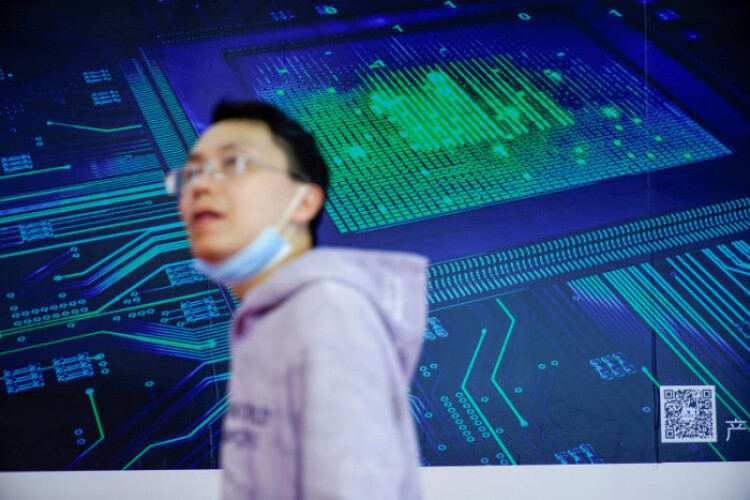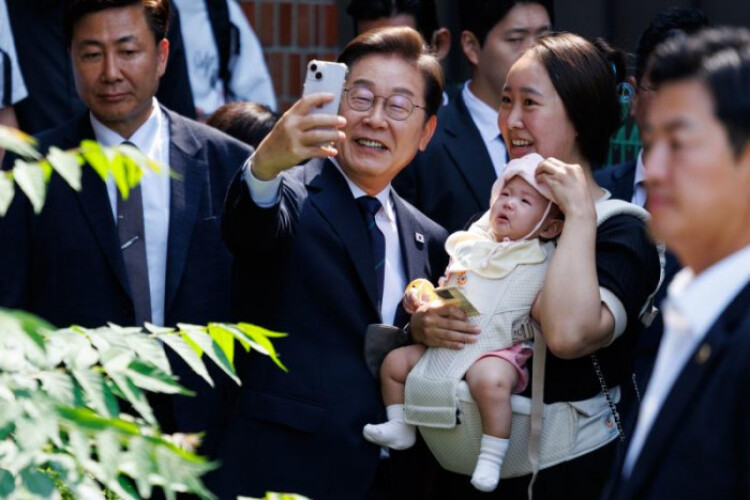
HONG KONG: More than a dozen Chinese universities are overhauling their engineering and technology majors in favour of hi-tech areas such as AI and big data to answer a government call for more talent.
By July 31, a total of 19 universities had suspended or completely removed 99 majors, news portal The Paper reported on Thursday, citing its own tally.
For example, Sichuan University was considering removing 31 majors, including animation, acting and applied physics, and setting up a new major in biomass science and engineering, the report said.
The university said the major would replace "light chemical engineering" amid hopes it would not only support traditional industries such as tanning and papermaking, but would adapt to future needs of the emerging biomass industry.
This move follows requests from the Ministry of Education to "adjust structures of university majors and talent-training schemes to better serve China's modernisation".
Last month, a ministry document said it supported efforts by universities to cultivate talent in key areas, including manufacturing of integrated circuits, artificial intelligence, quantum technology, life sciences and energy.
According to a research paper from the Wuhan-based Huazhong University of Science and Technology last month, the biggest changes to academic courses in the past decade have been in engineering majors.
Official data shows that from 2013 to 2022, the number of engineering majors in universities across China increased by 7,566. There were also 96 new areas of study, including robotics, AI and big data.
The research paper said the majors removed were often in the traditional engineering industry, while new majors - such as blockchain, integrated circuit design and cybersecurity - reflected emerging technologies, government strategy and regional economic development.
The Chinese government and ministries have repeatedly called for tech talent to be developed and nurtured.
On Aug 2, Education Vice-minister Wu Yan called for professional education in China to be "more suited to industry development". In an article in the CPPCC Daily, Wu said the ministry had encouraged universities to hold classes where talent was needed the most.
The call is coming from the top down. In recent years, President Xi Jinping has been pushing an innovation-driven economy amid competition with the United States, and seeking self-reliance in the face of Western sanctions that curb access to semiconductors.
In a speech in June, Xi said China needed to "seize the high ground".
"There are still some shortcomings [and] weaknesses," Xi said while urging a boost to "national strategic scientific and technological forces" to support "basic research while encouraging free exploration".
China has also launched programmes to train digital engineers, technicians and workers in big data, AI, smart manufacturing, integrated circuits, data security and other areas, according to a recent three-year government plan.
As part of the plan, Chinese universities must introduce new majors related to the digital economy and improve interdisciplinary training.
By July 31, a total of 19 universities had suspended or completely removed 99 majors, news portal The Paper reported on Thursday, citing its own tally.
For example, Sichuan University was considering removing 31 majors, including animation, acting and applied physics, and setting up a new major in biomass science and engineering, the report said.
The university said the major would replace "light chemical engineering" amid hopes it would not only support traditional industries such as tanning and papermaking, but would adapt to future needs of the emerging biomass industry.
This move follows requests from the Ministry of Education to "adjust structures of university majors and talent-training schemes to better serve China's modernisation".
Last month, a ministry document said it supported efforts by universities to cultivate talent in key areas, including manufacturing of integrated circuits, artificial intelligence, quantum technology, life sciences and energy.
According to a research paper from the Wuhan-based Huazhong University of Science and Technology last month, the biggest changes to academic courses in the past decade have been in engineering majors.
Official data shows that from 2013 to 2022, the number of engineering majors in universities across China increased by 7,566. There were also 96 new areas of study, including robotics, AI and big data.
The research paper said the majors removed were often in the traditional engineering industry, while new majors - such as blockchain, integrated circuit design and cybersecurity - reflected emerging technologies, government strategy and regional economic development.
The Chinese government and ministries have repeatedly called for tech talent to be developed and nurtured.
On Aug 2, Education Vice-minister Wu Yan called for professional education in China to be "more suited to industry development". In an article in the CPPCC Daily, Wu said the ministry had encouraged universities to hold classes where talent was needed the most.
The call is coming from the top down. In recent years, President Xi Jinping has been pushing an innovation-driven economy amid competition with the United States, and seeking self-reliance in the face of Western sanctions that curb access to semiconductors.
In a speech in June, Xi said China needed to "seize the high ground".
"There are still some shortcomings [and] weaknesses," Xi said while urging a boost to "national strategic scientific and technological forces" to support "basic research while encouraging free exploration".
China has also launched programmes to train digital engineers, technicians and workers in big data, AI, smart manufacturing, integrated circuits, data security and other areas, according to a recent three-year government plan.
As part of the plan, Chinese universities must introduce new majors related to the digital economy and improve interdisciplinary training.










